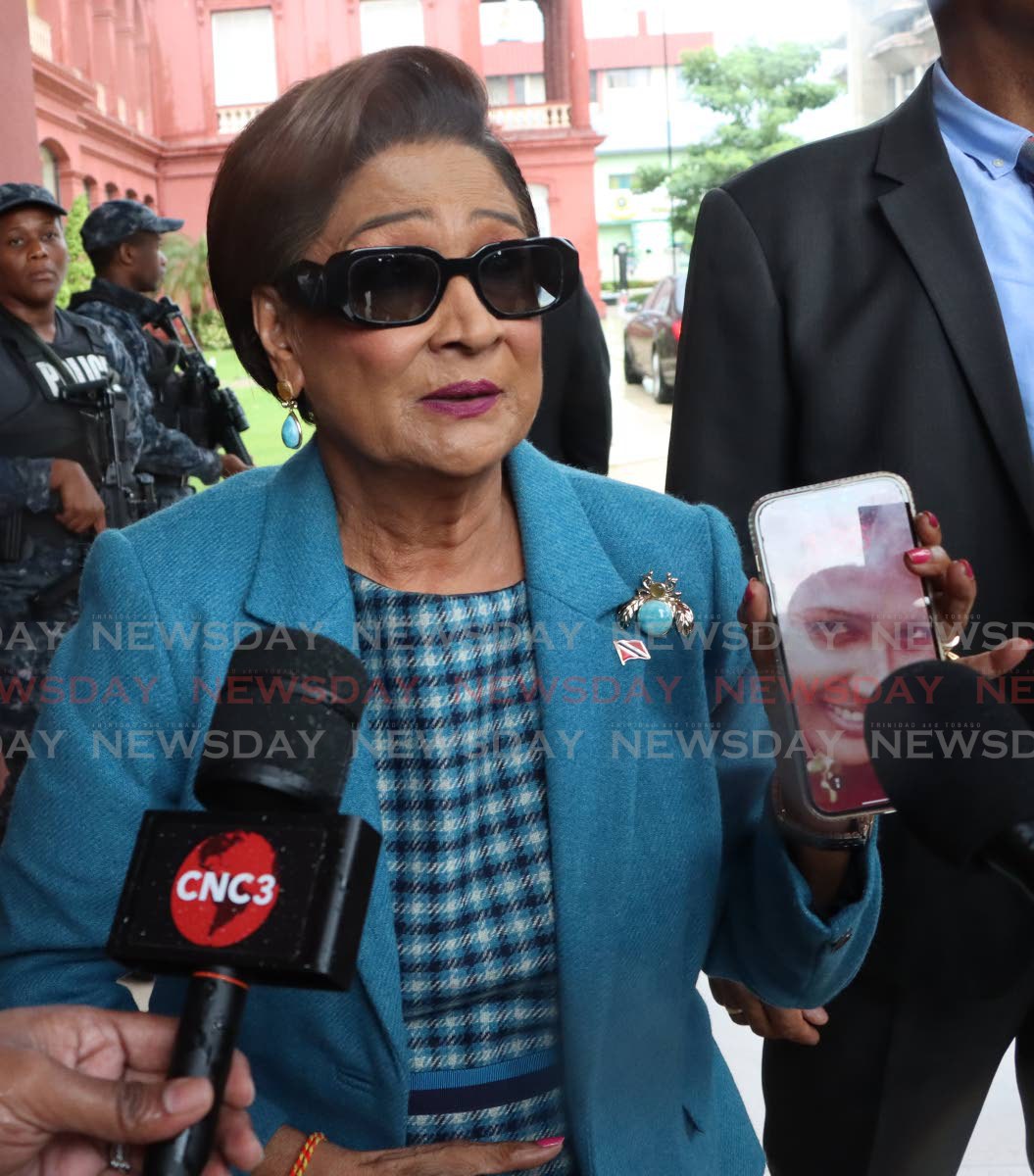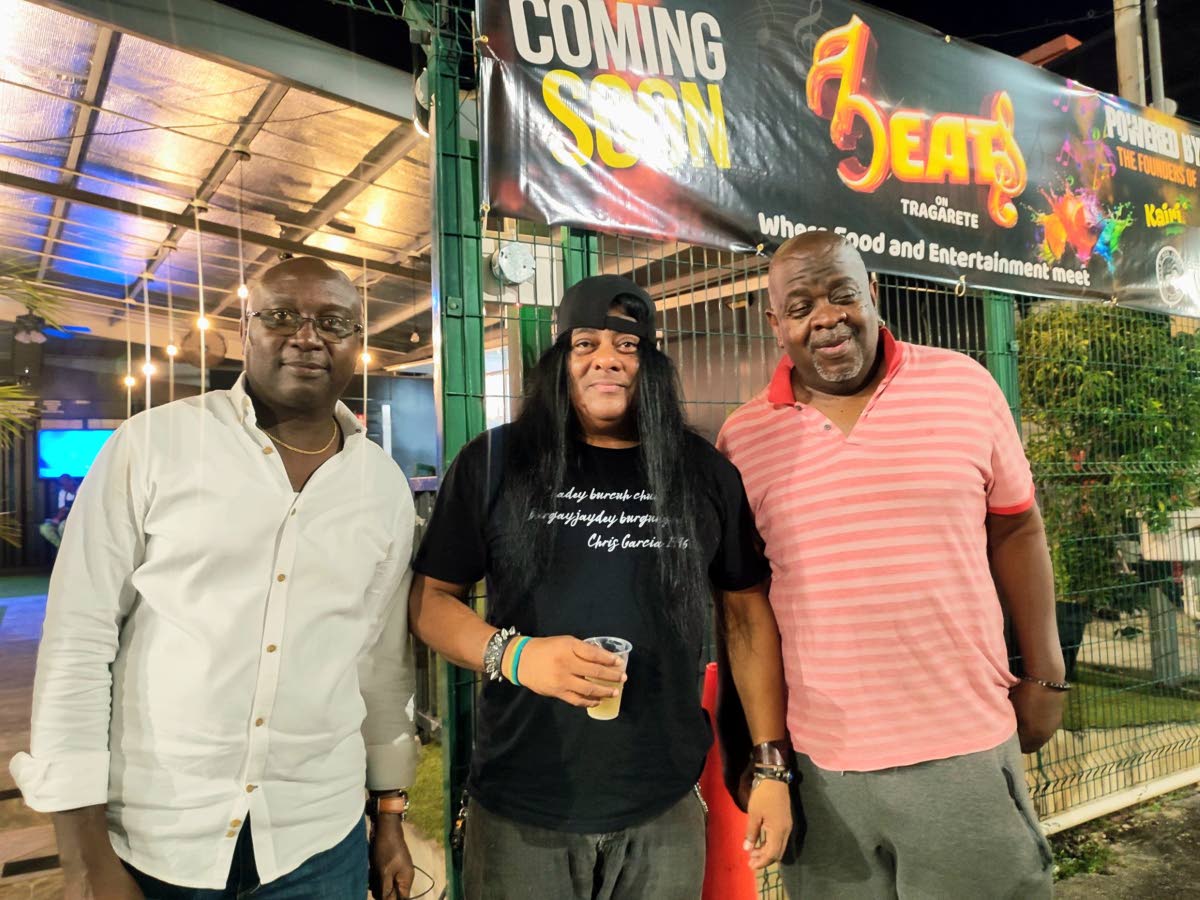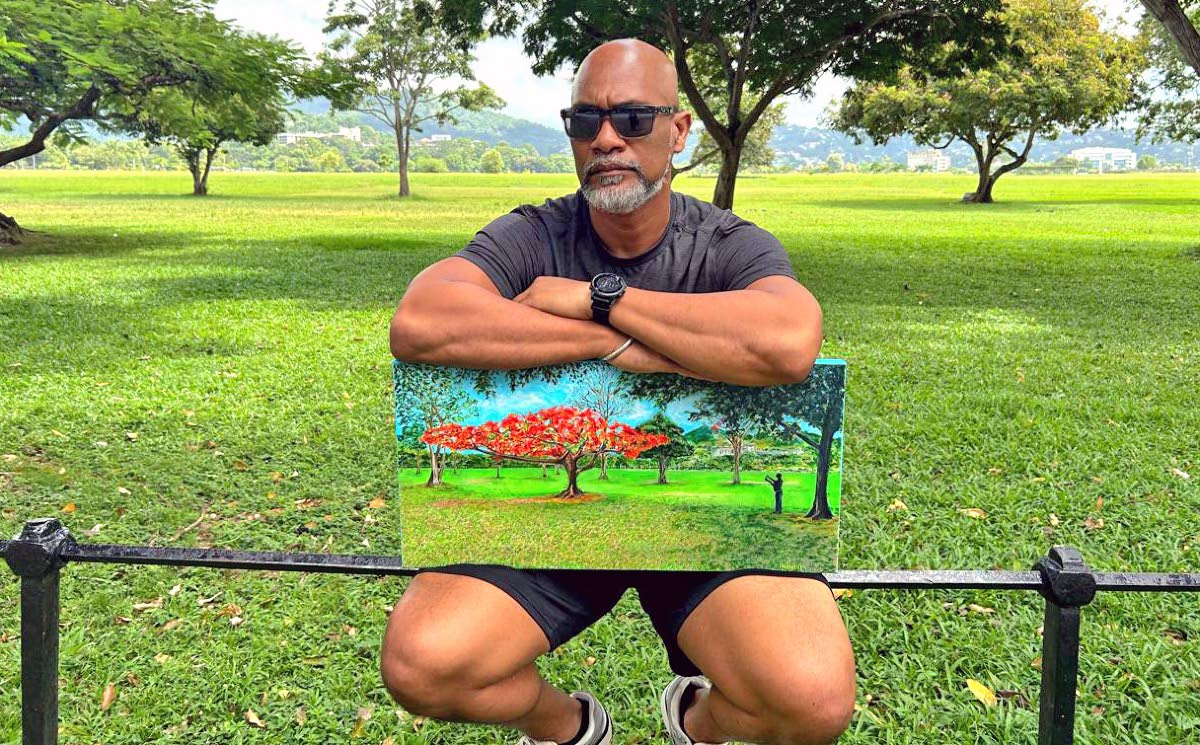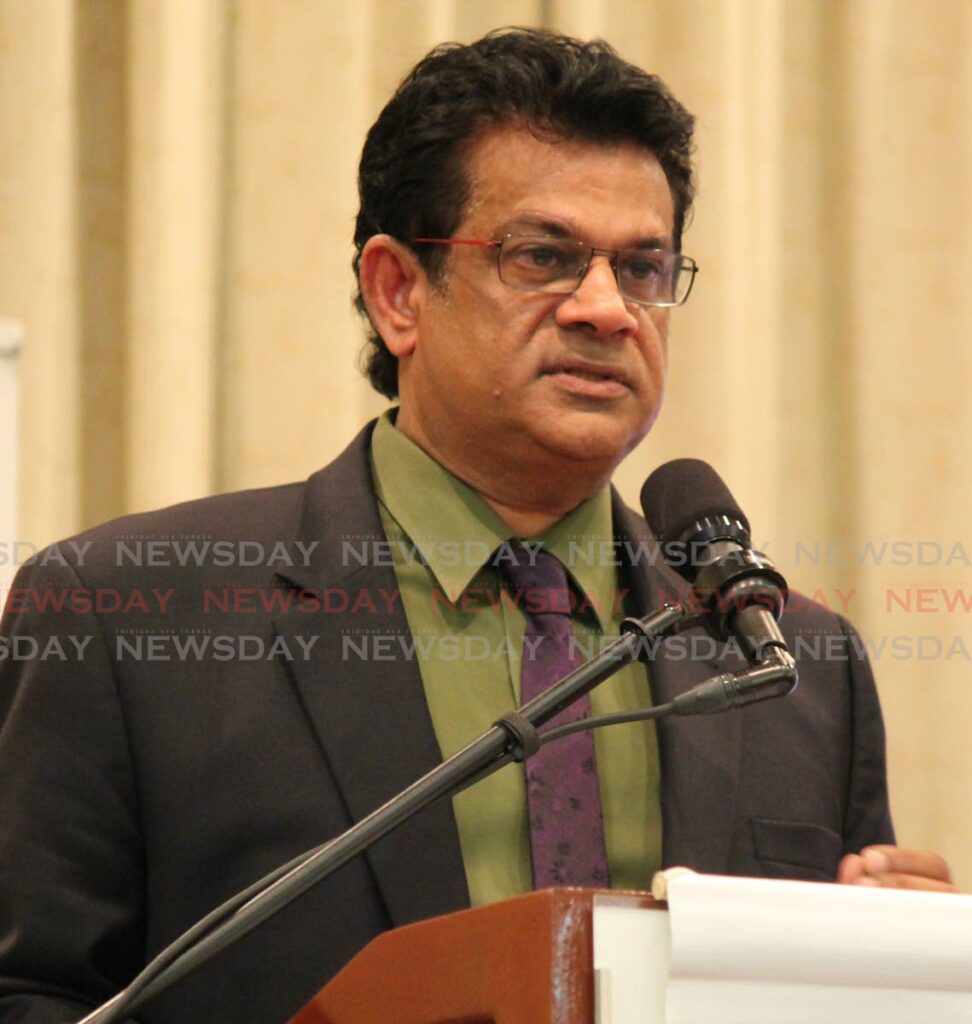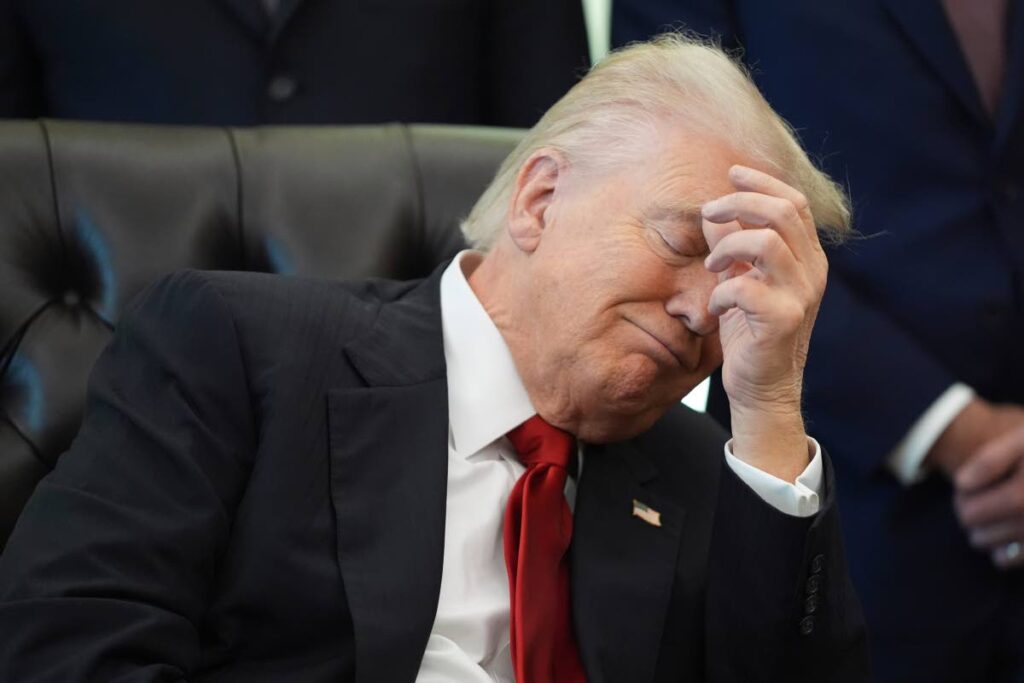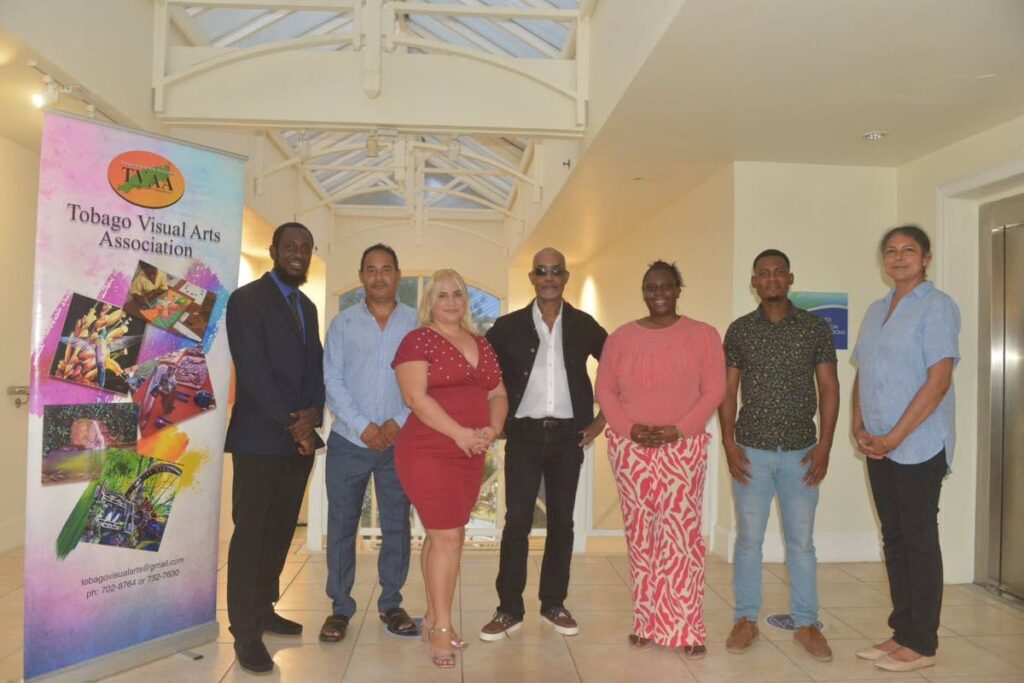In a landmark initiative, seven Amazon nations—Guyana, Suriname, Bolivia, Brazil, Colombia, Ecuador, and Peru—have launched the Amazonia Forever Facility for Cities and Resilient Infrastructure. This ambitious project aims to mobilize over $1 billion to enhance water security, promote clean energy, and build resilient urban infrastructure across the Amazon region. The initiative was formally announced during COP30 in Belém, Brazil, under the leadership of the Amazonia Network of Ministers of Finance and Planning, with strong backing from the Inter-American Development Bank Group (IDB).
The facility will employ innovative financial mechanisms, including blended financing, performance-based concessionality schemes, and credit-substitution guarantees, to support infrastructure projects in urban and peri-urban areas. It also includes technical assistance to ensure effective implementation. Brazil’s Planning and Budget Minister, Simone Tebet, emphasized the dual focus on forest conservation and urban development, stating, ‘This tool enables us to address both environmental and urban challenges, which are critical for the region’s future.’
IDB Group President Ilan Goldfajn highlighted the initiative’s broader impact, noting that ‘building resilient infrastructure protects the 60 million people who call the Amazon home, while creating livelihoods and jobs in cities is the best way to preserve the forest.’ The Amazon region faces significant gaps in water, sanitation, energy, and risk management, with over 70% of its population residing in cities and peri-urban areas.
The initiative has garnered substantial international support. Denmark, Norway, and Sweden have committed to an $800 million guarantee to boost clean-energy projects under the Amazonia Forever program. Additionally, the IDB’s Water Security and Climate Resilience Program, in partnership with the Green Climate Fund, will deploy $162 million for resilient infrastructure projects. The Clean Energy Access Accelerator, supported by the Climate Investment Funds, will provide $215 million to expand clean energy access and promote emerging technologies. The Spanish Agency for International Development Cooperation has also contributed €6 million to focus on water and sanitation in the Amazon.


